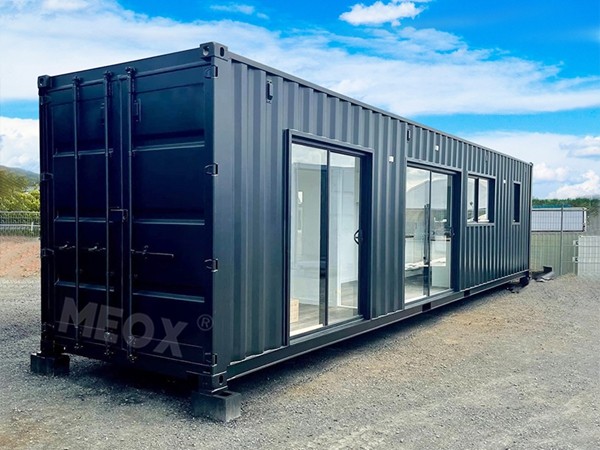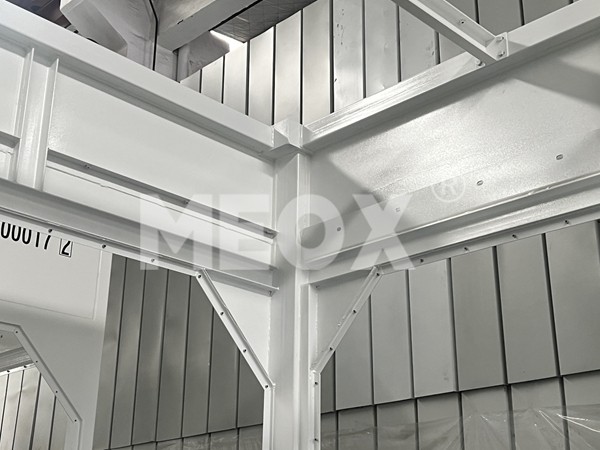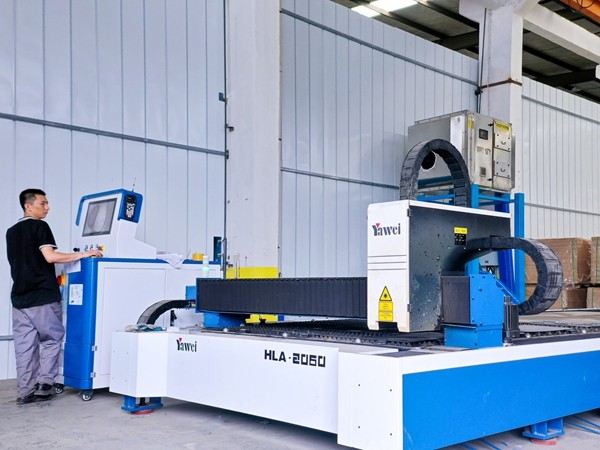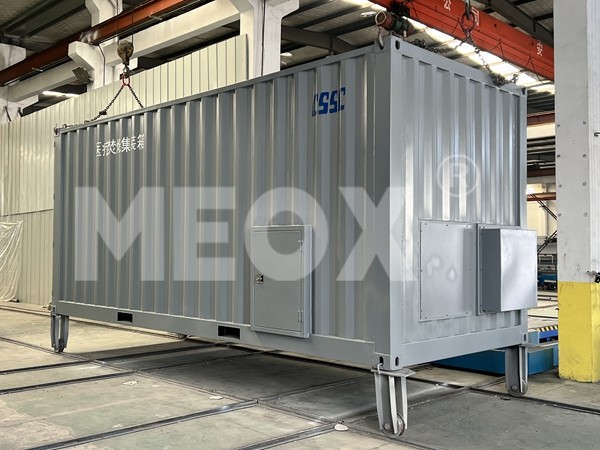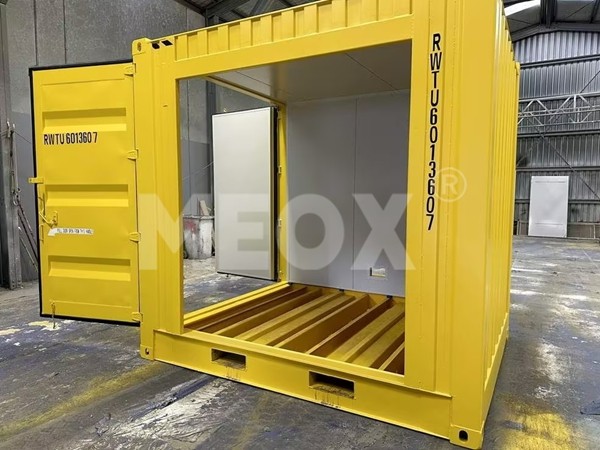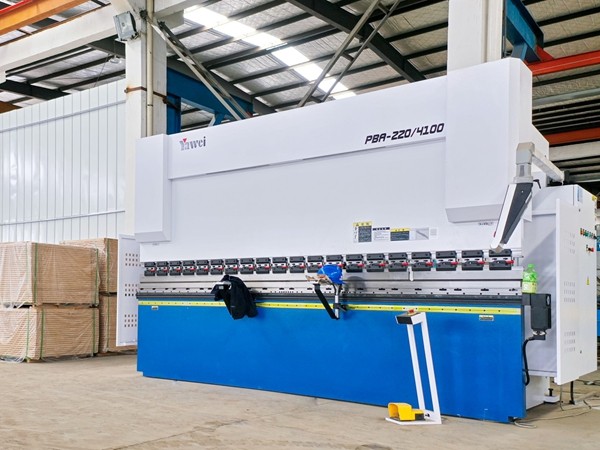The concept of converting containers into offices is not just a groundbreaking idea; it’s a sustainable and practical solution gaining traction worldwide. Shipping containers, once merely utilitarian vessels for transporting goods, have emerged as an innovative foundation for modern, eco-friendly office spaces. This transformation is a testament to the intersection of creativity, engineering, and sustainability.
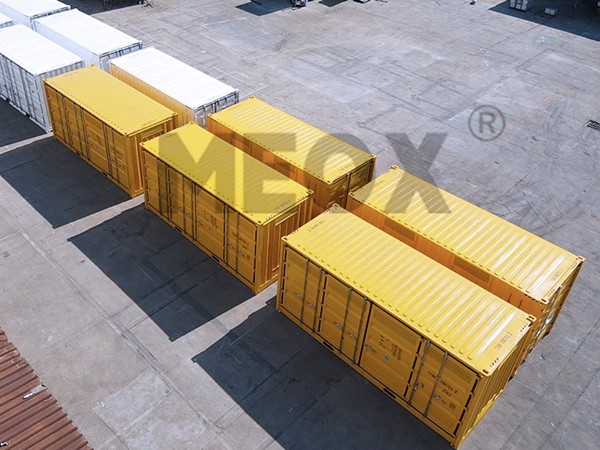
Renowned for their durability, shipping containers offer a robust structural integrity unmatched by many traditional building materials. Crafted from weathering steel, these containers are designed to withstand the harshest conditions on the open seas. This resilience is precisely why they make such excellent candidates for conversion into office spaces. Entrepreneurs and businesses seeking alternative office solutions have found that with minimal modification, containers can be adapted to a wide variety of climates and environments, providing a unique workspace that stands up to nature’s elements.
Moreover, the versatility of shipping containers allows for creative freedom in design. They can be stacked, arranged side by side, or configured into a multitude of layouts. The interior transformation potential is staggering, with options ranging from minimalist industrial aesthetics to luxurious, fully-equipped corporate settings. Adding to their allure, container offices can be relocated, expanded, or reduced to suit growing or downsizing business needs—a feature that traditional brick-and-mortar buildings simply cannot offer.

Sustainability remains at the forefront of the shift towards container offices. Repurposing containers contributes significantly to reducing the carbon footprint of new constructions. Each reused container saves between 3,500 and 4,500 kilograms of steel, alongside other materials like wood and plastic that would typically go to waste during traditional demolitions. The environmental impact is even more profound when you consider that constructing a container office requires significantly less usage of cement and other materials that emit a high amount of CO2 during production.
From an expertise standpoint, converting containers into offices is cost-effective, often resulting in lower expenditure compared to conventional building methods. The process bypasses many costly stages of construction, such as foundation laying and significant structural adjustments. Additionally, the construction period is considerably shorter, allowing businesses to become operational in a fraction of the time. This expedited timeline is particularly advantageous for startup companies and expanding ventures needing immediate space solutions.converting containers into offices
Authoritative case studies have already shown impressive examples of container office applications across various industries. Tech startups, design firms, and even corporates are adopting container offices for their subsidiary departments and project teams. The innovation doesn’t stop with office spaces; entire business parks constructed from containers are showcasing scalable, modular solutions that redefine urban workspace landscapes. It’s this authoritative emergence into mainstream usage that cements the reliability and broad applicability of such structures.
Trustworthiness is further enhanced by the growing network of certified professionals specializing in container conversions. Their expertise ensures that the transformation process adheres to all necessary safety standards and building codes. Collaborations with architects and engineers guarantee that container offices not only meet aesthetic and functional requirements but also incorporate sustainable technologies like solar panels and wind turbines, which can lead to self-sufficient energy solutions for the office space.
Real experience from companies utilizing container offices also points towards gains in employee satisfaction. Unique spaces can inspire creativity and innovation within teams, fostering a progressive work environment. The psychological impact of working in cutting-edge, eco-friendly surroundings often translates to increased productivity and job satisfaction.
In conclusion, converting containers into offices is a forward-thinking approach with myriad benefits extending from economic savings and environmental preservation to design flexibility and operational efficiency. This trend signifies a shift towards adaptive, sustainable business solutions suitable for the dynamic needs of modern enterprises, ensuring that container offices aren’t just a trend but a transformative force in the architectural and business landscapes.

